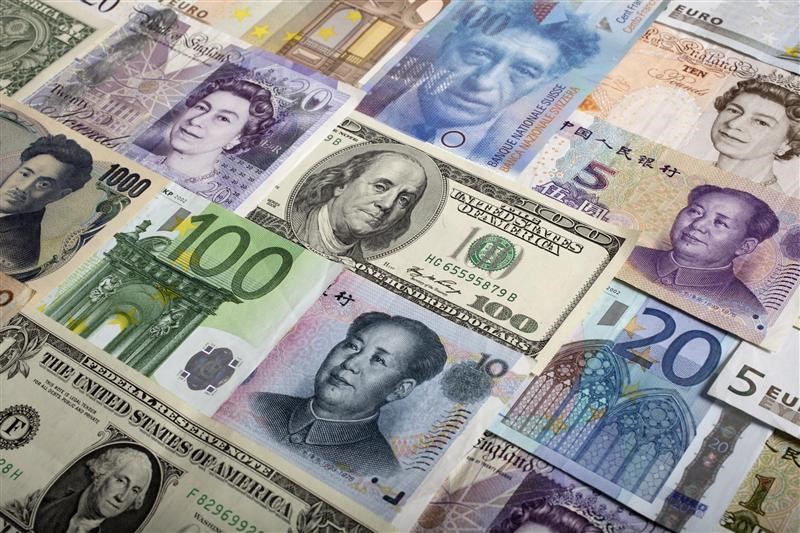Investing.com - The dollar hit fresh nine-year highs against the other major currencies on Wednesday, as disappointing euro zone inflation data weighed further on the single currency and growing expectations for an upcoming U.S. rate hike continued to boost the greenback.
The U.S. dollar index, which measures the greenback against a basket of six major currencies, was up 0.31% at 92.15, the highest since December 2005.
The euro hit fresh nine-year lows against the dollar, with EUR/USD at 1.1842, down 0.40% for the day after data showing that consumer prices in the euro area fell in December for the first time in more than five years
Eurostat reported that the annual rate of euro zone inflation fell by 0.2% in December, down from 0.3% in November. Economists had expected an annual decline of 0.1%. It was the first fall in the annual rate of inflation since October 2009.
Core inflation, which strips out volatile measures such as food and energy costs, rose 0.8% on a year-over-year basis, but was still well below the European Central Bank's target of close to, but just under 2%.
The data added to expectations that the ECB could implement quantitative easing as soon as its next meeting on January 22. Late last week ECB President Mario Draghi said the risk of it not fulfilling its mandate of price stability is higher now than six months ago.
In a separate report Wednesday, Eurostat said the euro zone’s unemployment rate was unchanged at 11.5% in November for the sixth straight month, but the number of people without jobs rose for the third consecutive month, by 34,000 to 18.394 million.
The dollar regained ground against the yen, with USD/JPY up 0.54% to 119.08, while USD/CHF rose 0.39% to 1.0139.
Modest gains in Asian equity markets overnight dampened demand for the safe haven yen as investor sentiment recovered following a selloff earlier in the week.
Elsewhere, sterling hit a new 17-month trough amid mounting speculation that the Bank of England will keep rates on hold for most of 2015.
GBP/USD slipped 0.12% to 1.5132, not far from 1.5106, the lowest level since August 2013.
The commodity-exposed Australian, New Zealand and Canadian dollars continued to hover near multi-year lows, as a rout in global oil prices continued.
AUD/USD edged down 0.19% to 0.8069, NZD/USD fell 0.20% to trade at 0.7744 and USD/CAD held steady at 1.1832.
Later in the day, the U.S. was to release a report on ADP nonfarm payrolls, in addition to data on the trade balance. In addition, the Fed was to publish the minutes of its most recent meeting.
